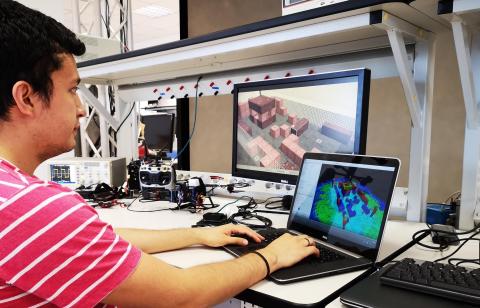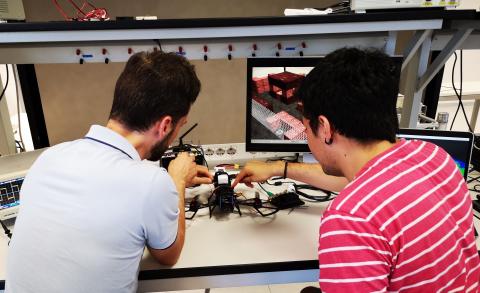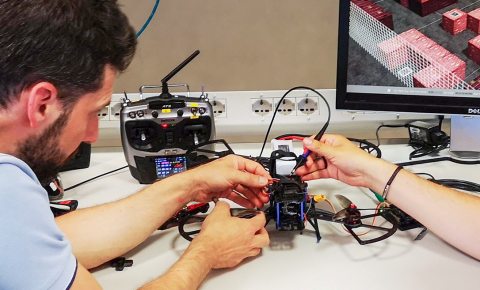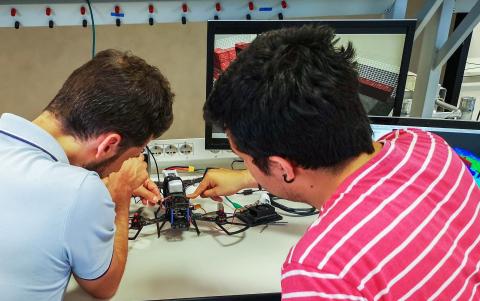DRONES AND ARTIFICIAL INTELLIGENCE: SANT’ANNA SCHOOL RESEARCH TEAM REVEALS PROJECT DESIGN DETAILS AT THE DRONE CONTEST LAUCHED BY LEONARDO SPA. FIELD TEST TAKES PLACE IN SEPTEMBER
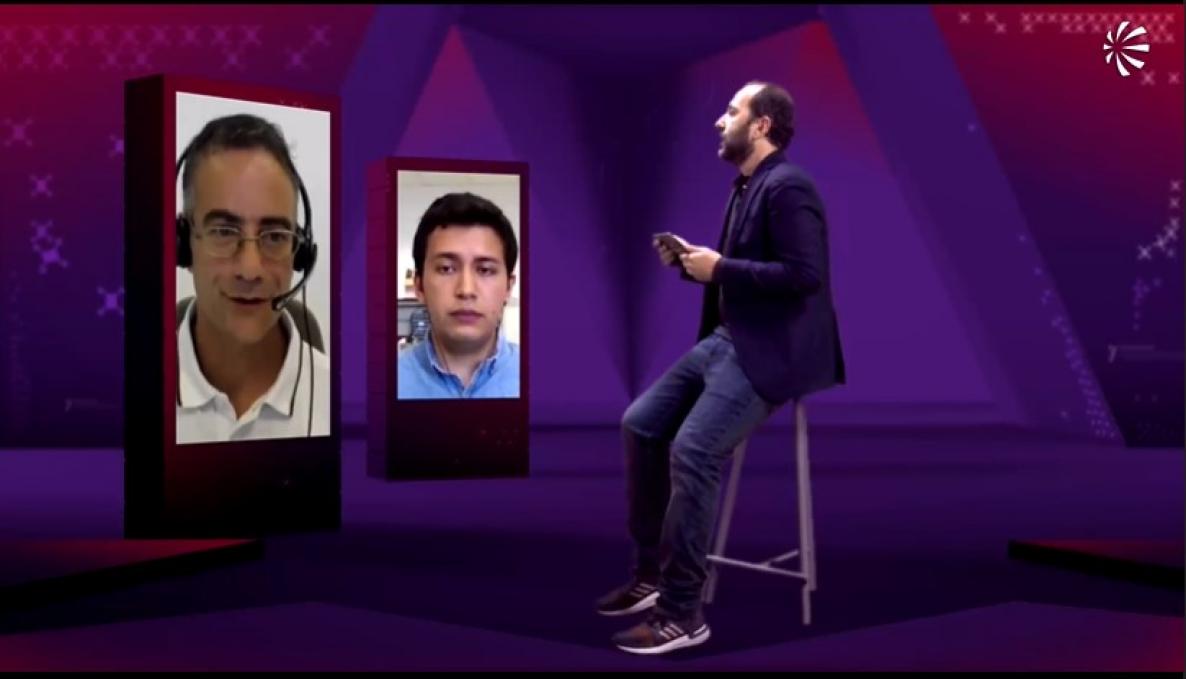
The July 2020 Drone Contest virtual symposium allowed the six Doctoral Students teams participating in the three-year Open Innovation challenge launched by Leonardo S.p.A. to showcase design details of self-navigation drones equipped with Artificial Intelligence-based techniques for view mapping, monitoring, and tracing. In partnership with Leonardo, young researchers will combine their skills in the areas of machine learning, artificial intelligence, robot vision, automation, control, embedded systems, calculus, and sensor fusion related to autonomous systems to develop autonomous flying drones. Doctoral student Edwin Herrera, from the TeCIP Institute PercRo Lab. for Perceptual Robotics, working with Massimo Satler (supervisor), and researchers Carlo Alberto Avizzano (Automation), and Paolo Tripicchio ( Embedded Systems) have unveiled updated designs for the AI drones: “We are working on a compact drone application that can operate with a higher level of autonomy using AI and computer vision embedded solutions.” said Carlo Alberto Avizzano.
“Researchers at the PercRo Laboratory explore the potential of robot technologies in expanding the human-robot interaction - continued Carlo Alberto Avizzano. Cognitive AI algorithms will enable smarter drones to navigate and react in unknown environments. Advances in software technologies for robotics and the use of artificial intelligence will improve cognitive learning and drone on-board techniques. Edwin Herrera is focusing on the route planning, location, identification and platform development for applicability in general civilian areas and for emergency response”.
“We are happy to face the Open Innovation challenge. As drone enthusiasts we think we can develop artificial intelligence based compact drones tracking objects without any human intervention”, said Massimo Satler.
“Over the last few weeks, as post Covid lockdowns phase 2 and 3 are taking shape, we have been working on the platform enabling the system to detect and identify objects with wider angle coverage. In the coming weeks, we plan to test our AI-based drone prototype through simulations in specific field conditions”.

